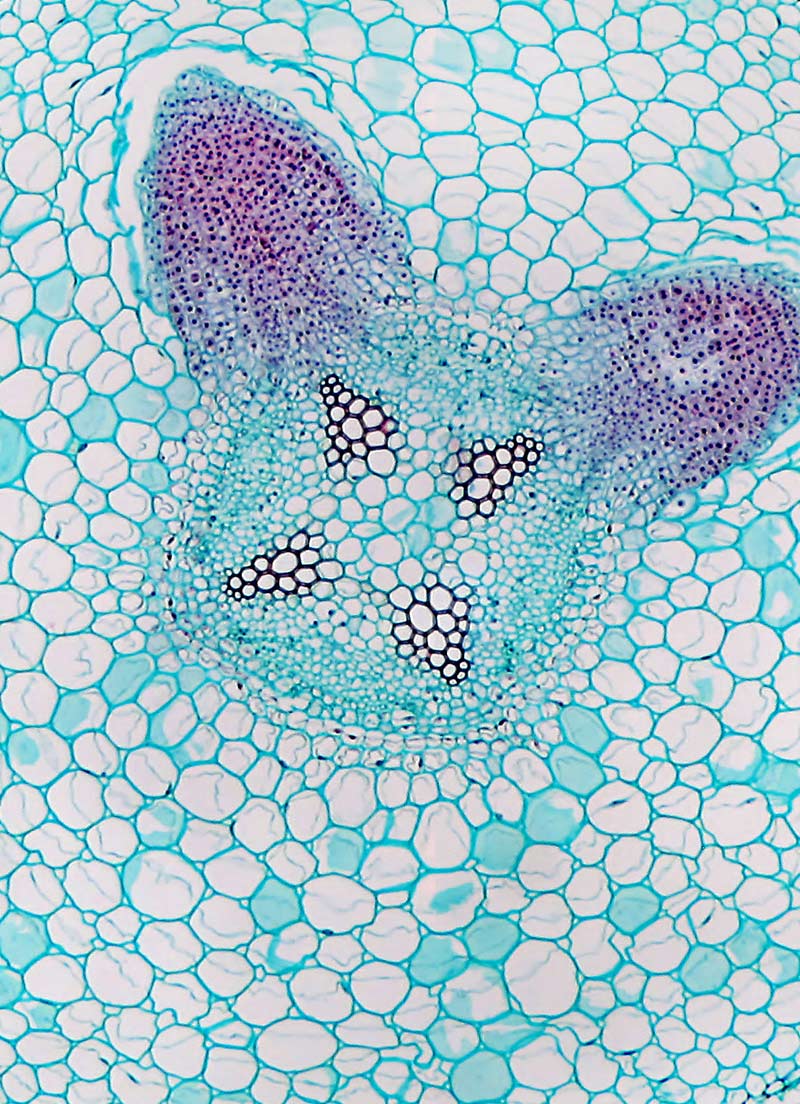
Shedding Light on the Past: The Power of Forensic Investigative Genetic Genealogy
Forensic Investigative Genetic Genealogy (FIGG) is a revolutionary scientific approach that is shedding light on the past and solving mysteries that were once deemed unsolvable. It merges the intricacies of genetics with the complexity of genealogical research, providing unprecedented insight into the origin and lineage of unidentified human remains and suspects of heinous crimes.
For many years, cold cases and unknown identities remained the most formidable challenges in law enforcement. Traditional forensic methods often reach a dead end when physical evidence fails to match any known profiles in criminal databases. However, the advent of FIGG offers a transformative solution, enabling investigators to traverse family trees and unlock crucial genetic connections.
Enter Genomics
Utilizing DNA samples obtained from crime scenes, FIGG employs advanced genetic testing techniques to generate a comprehensive genomic profile. This profile is then cross-referenced with genealogical databases, housing millions of genetic samples voluntarily submitted by individuals seeking to learn about their ancestry. By tracing shared DNA segments, FIGG can establish a familial relationship between the unknown sample and individuals within these databases.
Forensic genealogy isn’t just a tool for investigators, it’s a lifeline to justice, giving voice to the silenced and bringing answers to the seemingly unsolvable.
In essence, rather than matching the DNA to a single person, FIGG matches it to a family tree. From here, the process takes on a more traditional detective work approach. Investigators begin constructing possible family trees based on the strength of the genetic connections and public records. Finally, investigators combine this data with other information, such as geographical location and age, to narrow down potential identities or suspects.


Ethics of FIGG
One might wonder about the ethical implications of using personal genetic data for criminal investigations. It's a valid concern, and FIGG operates within stringent ethical and legal guidelines. The DNA profiles used from genealogical databases are from individuals who have voluntarily uploaded their data and consented to its use for such purposes. Privacy, confidentiality, and consent form the bedrock of FIGG operations.
1. Application
FIGG's application isn't limited to criminal investigations. It is also instrumental in humanitarian endeavors such as identifying remains of soldiers from previous wars and victims of natural disasters. By bringing closure to families who have endured years, if not decades, of uncertainty, FIGG holds the power to heal societal wounds and provide peace to those left behind.
2. Consolidated Genetics
One of the key players advancing this field is RGEN Inc. With its deep expertise in genomics and data analytics, RGEN offers a comprehensive FIGG service. RGEN goes beyond the traditional model by integrating advanced lab services, data analysis, and logistic pipelines under one roof. This comprehensive approach leads to faster turnaround times, enhanced accuracy, and ultimately, a higher success rate in making the right connections.
What the future holds
With RGEN's state-of-the-art technology and a dedicated team of genetic genealogists and data scientists, the power of Forensic Investigative Genetic Genealogy is more accessible than ever before. The company works closely with law enforcement agencies, contributing to resolving cold cases and bringing justice and closure to affected families.

Final thoughts
In conclusion, Forensic Investigative Genetic Genealogy is revolutionizing our approach to law enforcement, heritage tracing, and humanitarian missions. As more individuals participate in genealogical testing and technology continues to advance, the potential for FIGG will only grow. With entities like RGEN at the forefront, the future of this fascinating field is promising and poised to unlock more of our past.




